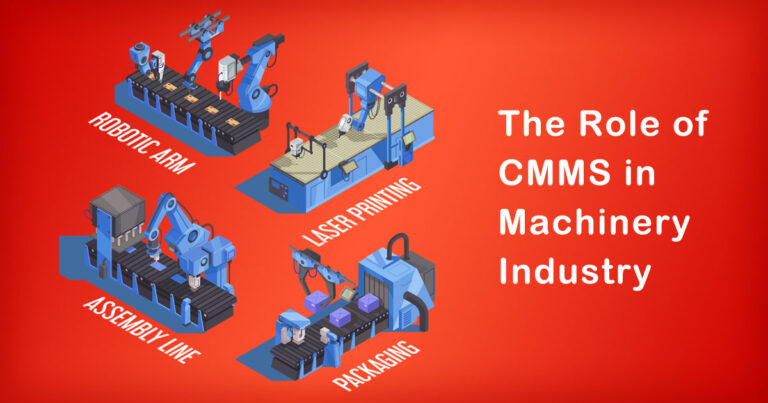Introduction
The aviation industry plays a vital role in connecting people and goods across vast distances. With the rapid growth of air travel in recent years, maintaining the operational efficiency and safety of aircraft has become increasingly crucial. This is where Computerized Maintenance Management Systems (CMMS) have emerged as indispensable tools in the airline and aviation industry. In this article, we will explore the significance of CMMS in this sector, particularly in the context of India.
The Importance of Maintenance in Aviation
Maintenance is an integral part of aviation operations, ensuring the safety, reliability, and airworthiness of aircraft. Regular maintenance activities, including inspections, repairs, and preventive measures, are essential to keep the fleet in optimal condition. Effective maintenance management can enhance operational efficiency, reduce downtime, improve safety standards, and extend the lifespan of aircraft.
The Role of CMMS in Aviation
Computerized Maintenance Management Systems (CMMS) are software applications specifically designed to streamline and automate maintenance operations. CMMS solutions offer a wide range of functionalities, such as work order management, inventory control, scheduling, asset tracking, and performance monitoring. These features enable airlines and aviation companies to enhance their maintenance processes and optimize resource utilization.
Benefits of CMMS in the Indian Aviation Industry:
1. Improved Maintenance Planning and Execution:
CMMS provides a centralized platform to plan and schedule maintenance activities efficiently. It helps prioritize tasks, allocate resources effectively, and minimize aircraft downtime. By utilizing real-time data and analytics, CMMS enables airlines to make informed decisions, reduce maintenance delays, and optimize manpower utilization.
2. Enhanced Safety and Compliance:
Safety is paramount in the aviation industry, and CMMS plays a crucial role in ensuring compliance with regulatory standards. CMMS enables airlines to maintain an accurate record of maintenance activities, inspections, and repairs. This documentation facilitates regulatory audits, enhances traceability, and ensures adherence to prescribed maintenance procedures, thereby improving overall safety standards.
3. Inventory Management and Cost Control:
Efficient inventory management is vital to minimize operational costs and avoid aircraft grounding due to parts unavailability. CMMS allows real-time tracking of spare parts, tools, and consumables. It enables airlines to optimize inventory levels, reduce stockouts, and ensure timely procurement. By effectively managing their inventory, airlines can control costs and improve operational efficiency.
4. Data-Driven Decision Making:
CMMS generates a wealth of data related to maintenance operations, performance trends, and equipment reliability. By leveraging this data, airlines can identify patterns, predict failures, and proactively plan maintenance activities. Data-driven decision making based on CMMS insights allows airlines to optimize maintenance strategies, reduce unplanned maintenance, and improve overall operational efficiency.
5. Regulatory Reporting and Documentation:
The aviation industry is subject to strict regulatory requirements regarding maintenance reporting and documentation. CMMS simplifies this process by automating the generation of maintenance reports, service logs, and compliance records. This streamlines regulatory reporting and ensures accurate documentation, leading to increased efficiency and reduced administrative burden.
Conclusion:
Computerized Maintenance Management Systems (CMMS) have revolutionized the way maintenance operations are managed in the airline and aviation industry. In the Indian context, CMMS solutions have become integral to enhancing maintenance planning, improving safety standards, optimizing inventory management, enabling data-driven decision making, and streamlining regulatory compliance. By leveraging the power of CMMS, airlines can significantly improve operational efficiency, reduce costs, and ensure the safety and airworthiness of their aircraft fleet. As the aviation industry continues to evolve, the role of CMMS will only become more critical in ensuring smooth and efficient operations.








